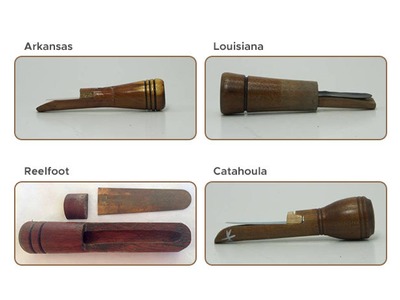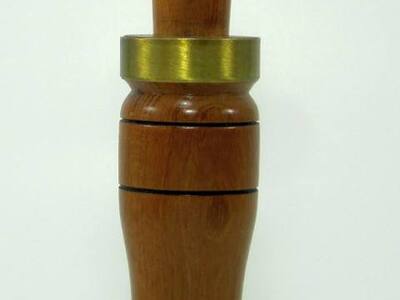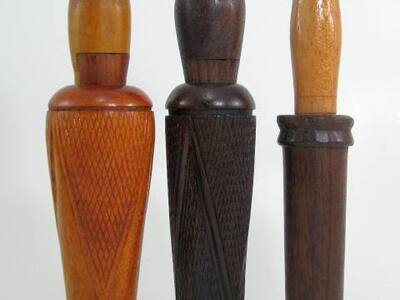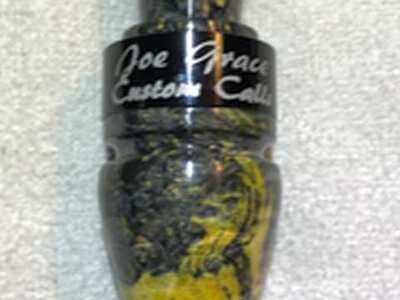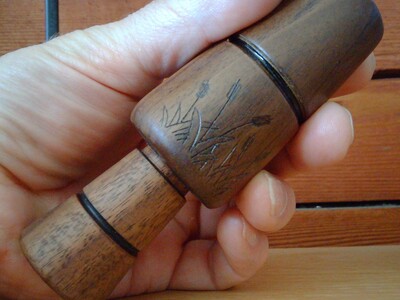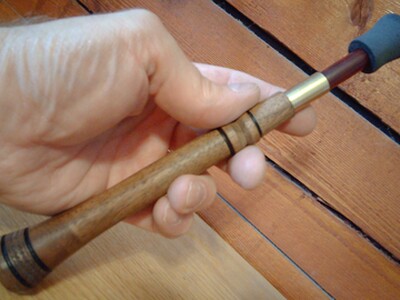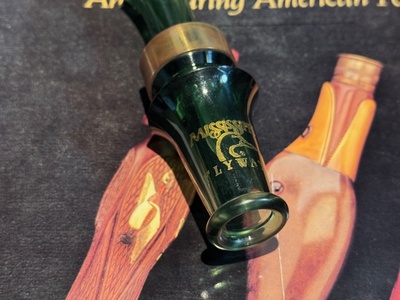A place to read about all things for duck/turkey call aficionados.
Posted: November 5, 2018
Conservation Laws – Saving Waterfowl for future generations We need to thank our forefathers for their prudence in protecting the various species of waterfowl with the conservation laws they enacted; without those laws, we would not have the number of birds we have today. The...
Read More
Turkey Subspecies
Posted: September 11, 2018
Ever wonder who/how the 5 North America Turkey Subspecies obtained their names? I did, so I thought I would share... Eastern Wild Turkey – (Meleagris gallopavo silvestris) The bird was named by Louis J.P. Vieillot (1748-1830) in 1817. Silvestris meaning “Forest...
Read More
Posted: April 26, 2017
Checkered calls Checkering is nothing more than a textured surface of cross-hatch pattern of parallel lines that intersect each other. The intersecting grooves running, at an angle to each other, creates a series of pointed diamond shapes, called points. Checkering is defined in lines...
Read More
Posted: April 26, 2017
The type of duck call you decide to purchase should be one that fits your intended purpose of use. Experienced hunters will tell you that you will encounter many different scenarios, which may require a variety of duck calls. There is no need to go out and purchase a lot of different calls...
Read More
Posted: April 26, 2017
There are three major styles of duck calls (Arkansas, Louisiana, and Reelfoot), each having their own unique construction methods for the tone, or sound board, and the effect it has on the reed material used. Either of these styles can be made out of wood, acrylic and even materials such as...
Read More
Posted: April 26, 2017
The denser the material, the louder and crisper duck sounds will be from the call. Calls are mostly made from wood, acrylic, or polycarbonate. However, materials such as Micarta, Corian, Delrin, bamboo (aka river cane) and other materials have also been used. Wood Wood is a very...
Read More
Posted: April 26, 2017
Duck calls come in a variety of reed configurations; single, double and triple reed Configurations. Single Reed The single reed call generally produce more volume and can give you very loud hail calls and comeback calls; great for wide open spaces. It’s also good to use with loud...
Read More

